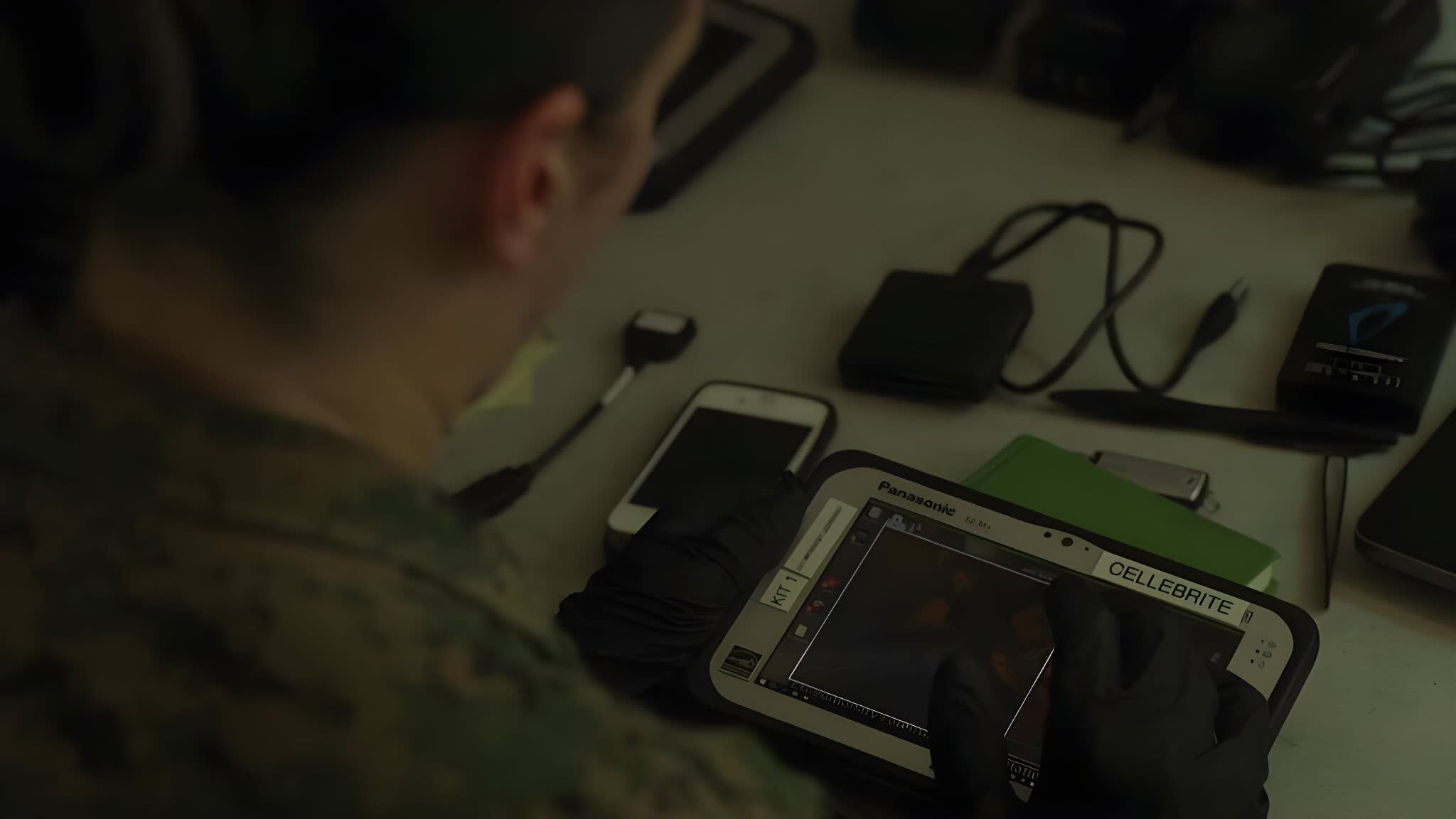I want to share this post because I was disappointed to see this popular smartphone cracking tool works very well across Android versions and devices while iPhone enjoys relative security.
The graphic also shows premium devices specifically are vulnerable to their tools, so one cannot argue that the problem is funding or cheap devices getting owned because of dumb changes by the vendor – premium devices fare not much better. Even Google controlling the hardware and the software of their Pixel line remains vulnerable to data extraction while the latest iPhone versions aren’t.
To me, this sounds like the state of Android physical security might be inferior. Why? What can be done to fix this? Perhaps is it because Android is more popular globally so they get more work targeting Android?
It could also be coincidental that at the time the documents leaked, the iPhone stuff was being finished up and there is actually not that much difference if you have an attacker who has lots of time and money.
EDIT: Removed wrong information. EDIT: Added more material for discussion.
Don’t base security on what one firm can and cannot do.
The same article links to graymagnet from graykey fully supporting the IOS 17, S24 series and pixel 6 and 7 smartphone. Notice the lack of pixel 8 series smartphone. Does that mean pixel 8 is more secure than anything on this planet? Not quite.
Smartphone security is a continued endeavor. There will always be something that can break it to some extent one way or other. That’s why you have monthly security updates to fix security issues as they continue pop. The cellebrite article also mentions IOS 17.4 support soon. It’s just a matter of time. I wouldn’t fret too much.
Thank you for the new perspective and level-headed response.
Android, afaik, is less secure by default to begin with. More freedom, more options to customize, more attack surface. Also, just because Cellebrite can’t pwn iOS 17.4 yet, doesn’t mean it can’t do it a month ahead from now.
Another very important factor I can see is Apple’s walled garden, where they could literally remote control your device. Through the new rapid security response (or whatever they called it in marketing wank) they can push updates to all active iOS devices more or less overnight - at least if the vulnerability is known to them and they have a patch. Compare that with Android where some devices don’t receive any updates after the initial release.
deleted by creator
No way graphene isn’t leagues stronger than iPhone no?
They’ve even submitted their hardened malloc to upstream Linux, which is definitely more secure
To be fair Android does that now too with mainline and every OS upgrade they make more modules that get updated from the play store rather than OS updates.
Does this mean I can use it to root my phone so it belongs to me instead of the manufacturer?
Checkmate Apple fans.
As you sort of alluded to timing makes a big difference because it’s a cat and mouse game. The last I had heard iPhones were pretty easy targets but some of the top end Android phones weren’t. iOS 17.4 is relatively new.
deleted by creator




